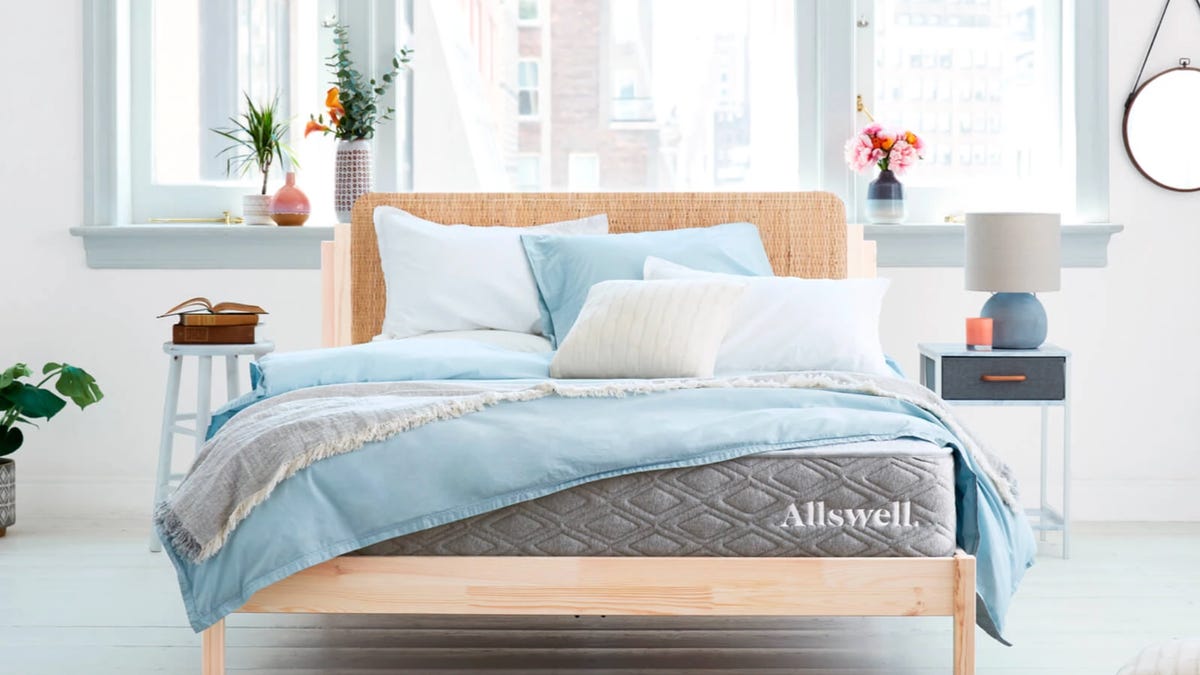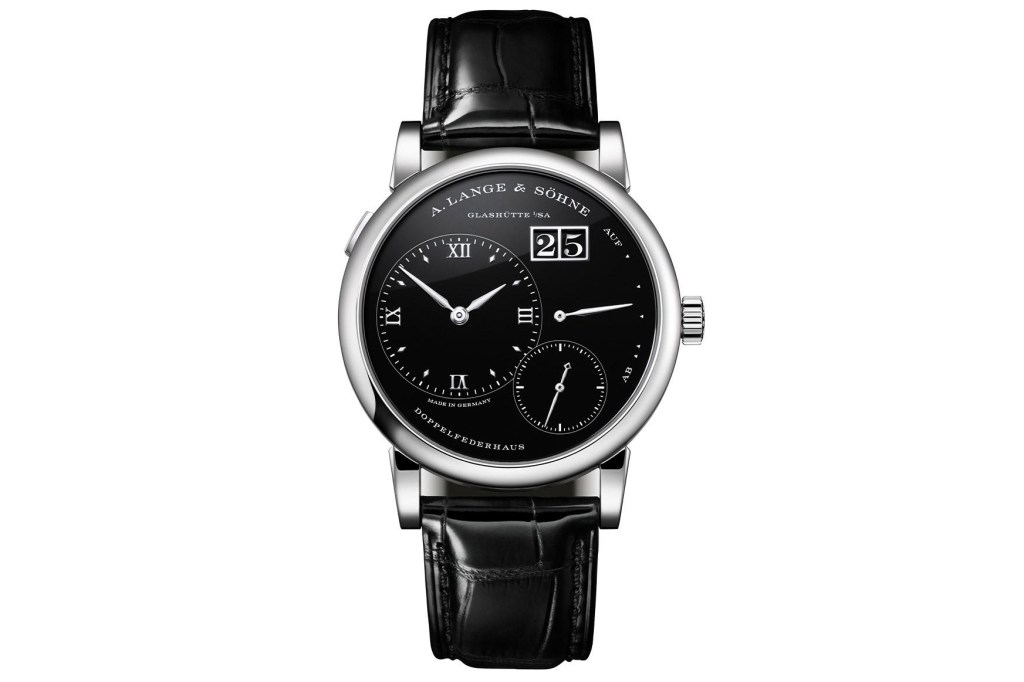Carrie Minter Ebers is behind the Carrie’s Pilates business.
Carrie Minter Ebers describes herself on her Instagram as a “glamour girl extraordinaire.” Ebers, who boasts over 400,000 followers on said Instagram, described herself in a recent interview with me as a model, Pilates instructor, and entrepreneur. In 2013, she founded Carrie’s Pilates. On its website, it states it believes Pilates should be “fun, challenging, and empowering for everyone.” Ebers’ business has locations in California, Texas, and Canada. She said the company’s aim is to “empower individuals of all shapes and sizes to achieve their fitness goals and feel great about themselves both physically and mentally.”
In other words, Pilates ought to be accessible to everyone.
Ebers explained Pilates is cool because it provides what she called a “comprehensive approach” to fitness by enhancing strength, flexibility, and mental clarity. In a nod to accessibility, she added Pilates’ flexibility allows anybody, regardless of their background or ability level, to pick it up. She reiterated the inclusivity focus of her business, saying “our goal is to empower individuals to achieve their fitness aspirations and feel great about themselves.” Moreover, Ebers was candid in sharing with me getting into fitness and wellness vis-a-vis Pilates “changed my life” as someone who has struggled with anxiety, depression, and addiction.
Accessibility indeed holds a special place in Ebers’ heart. She has a sibling who is disabled, so she told me disability inclusion is “very important” to her. As a show of her staunch support of the disability community, Ebers serves on the board of directors of Camp Summit. Camp Summit is a residential camp intended for people with disabilities. According to its website, Camp Summit opened its first camp in June 2010 in the Marin Headlands, north of San Francisco over the Golden Gate Bridge, and touts offering campers “stimulating and challenging activities” led by devoted staff members who are “uniquely qualified to nuture such a community located in beautiful, picturesque settings.”
“There isn’t a lot of support for adults with special needs,” Ebers said in lamenting the lack of empathy for disabled adults. “They can only go to school for so long, and many are not functional enough to have a job.”
When asked about how technology plays a role in her work, Ebers told me it’s “integral” to the day-to-day operations of her business. Technology also is central to the design and development of the company’s proprietary Transformer 2.0 machine, not to mention its mobile-friendly website and smartphone app. Both enable people to easily book classes, check schedules, and purchase sessions. These pieces of technology, along with the proliferation of social media and other tools, help Ebers and team “support our studio owners and enhance the client experience and support our mission to make fitness accessible.”
As to feedback, Ebers called the reception to Carrie’s Pilates “overwhelmingly positive” and said the experiences has a “cult-like following” amongst clients. She said clients are appreciative of the company’s high-energy trainers and the “unique combination” of high-intensity interval training, strength training, cardio, and Pilates. People have reported “significant improvements” to their mental and physical health, Ebers told me, and noted the company’s retail expansion is reflective of “the growing demand and satisfaction with our programs.”
Looking towards the future, Ebers said business-wise, the company hopes to expand further; the goal is to grow to more than 50 studios within the next 2 to 3 years. She added Carrie’s Pilates is committed to “continuous innovation in our workout programs and equipment to better serve our clients’ evolving needs.” As to her personal life, Ebers said she intends to continue her advocacy on both the mental health and disability awareness fronts. She’s also slated to continue working with Camp Summit, and hopes to launch a nonprofit organization which expands housing opportunities for disabled adults. It will not only give people with disabilities increased agency and autonomy in their own lives, but will provide much-needed respite for caretakers. This is key, Ebers told me, especially for aging adults who, frankly, need breaks.









